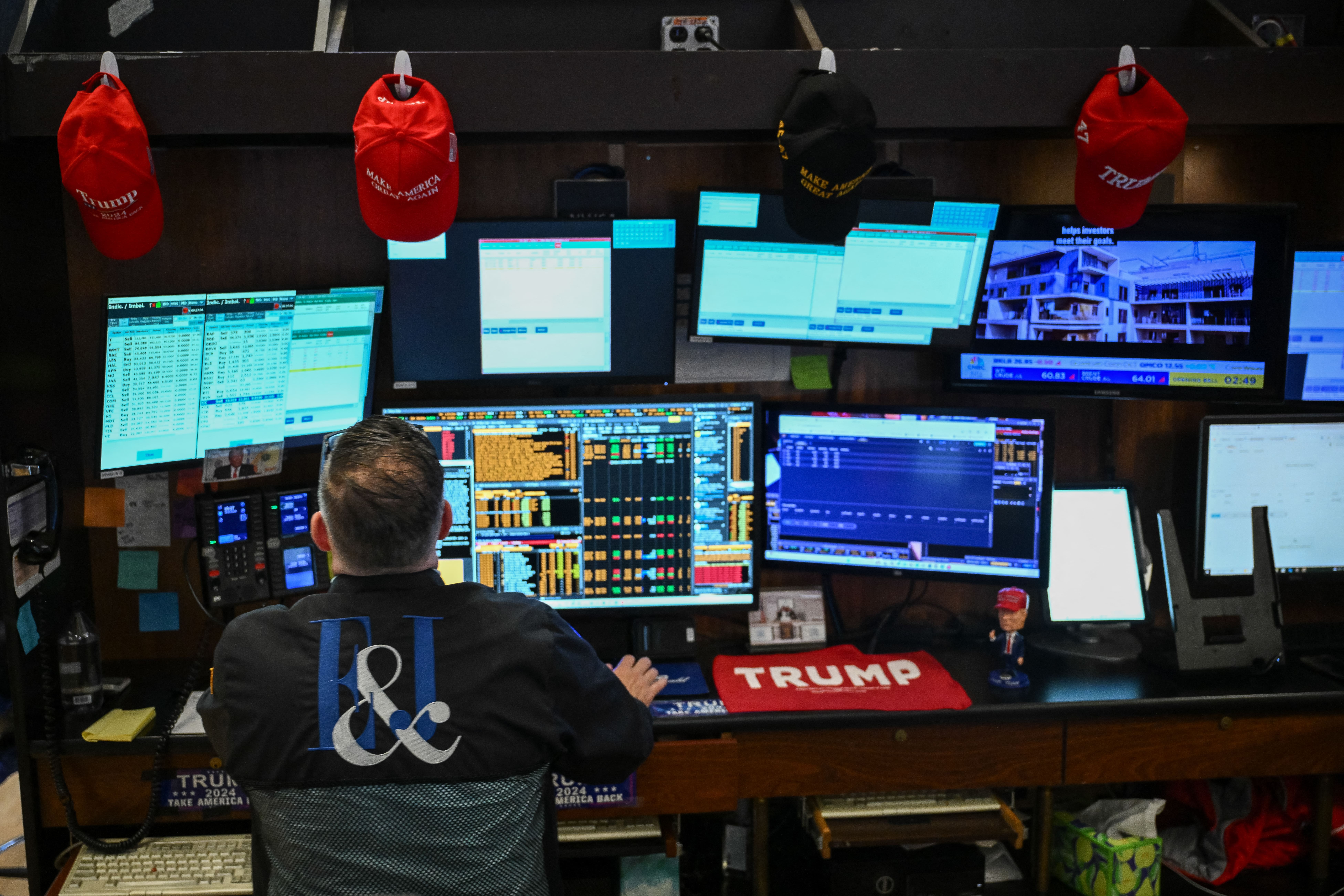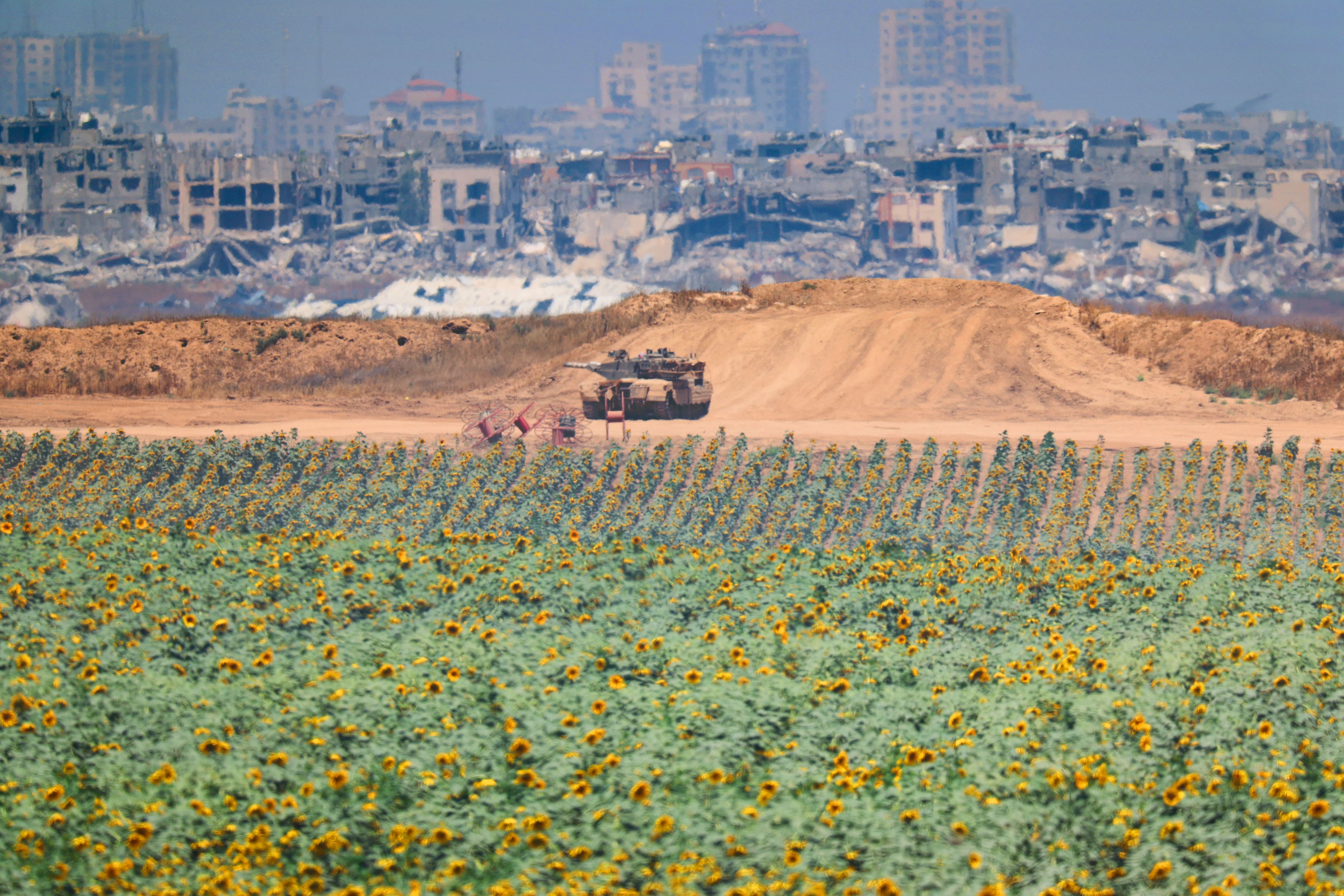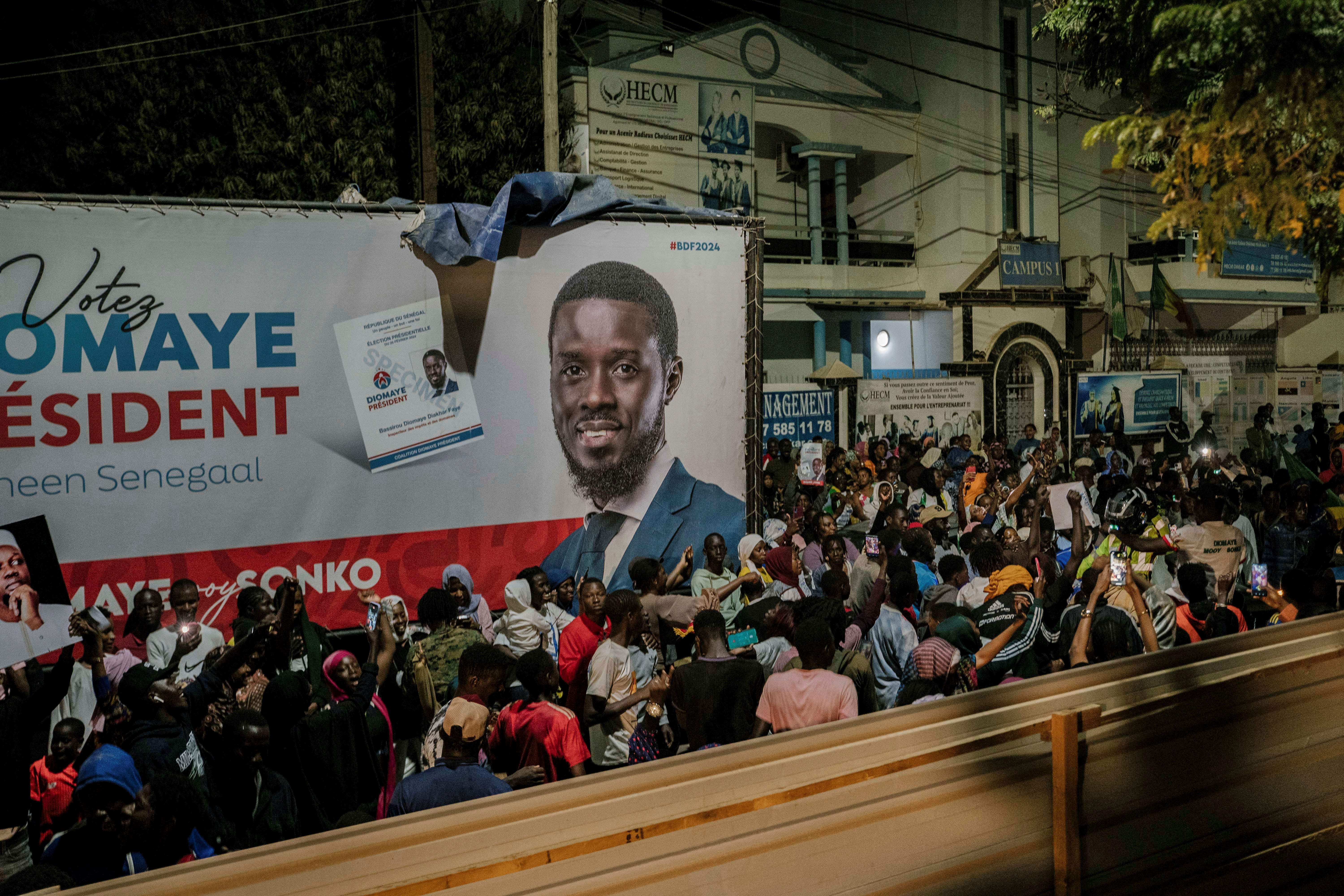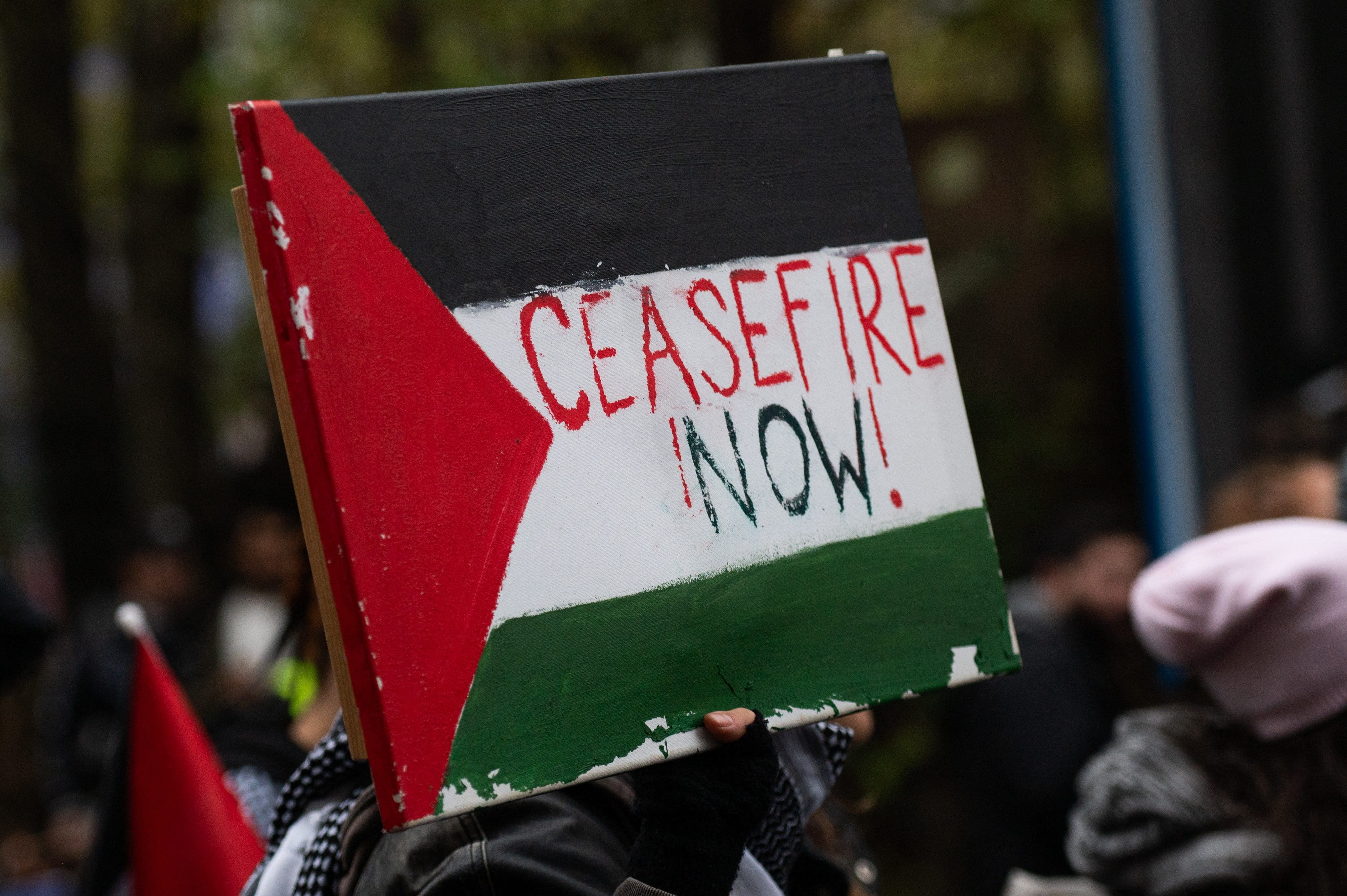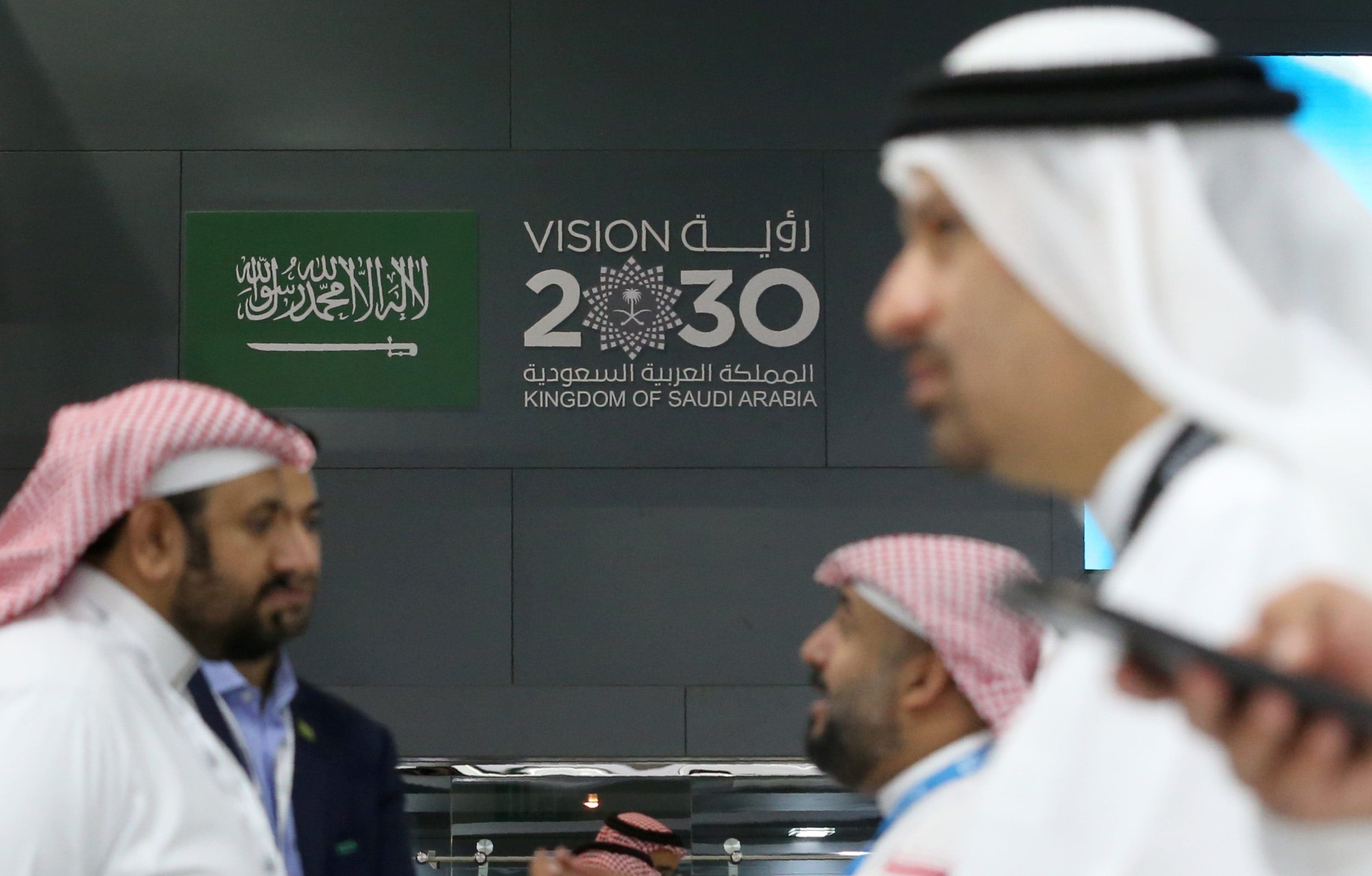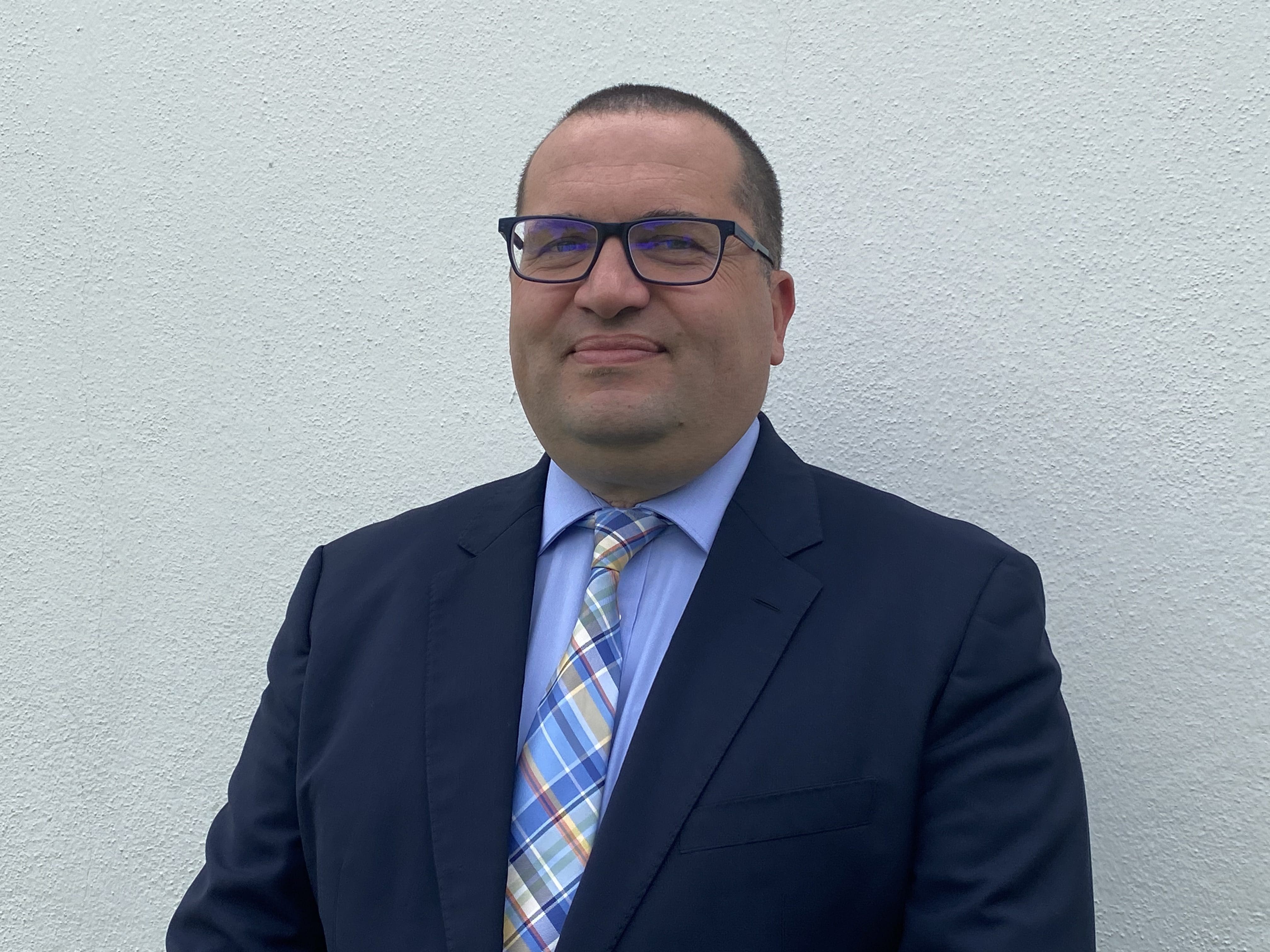
Rabah Arezki
Nonresident Senior Fellow
Bio
Rabah Arezki is a nonresident senior fellow at the Middle East Council on Global Affairs. He is a director of research at the French National Center for Scientific Research (CNRS) and a senior fellow at Harvard University’s John F. Kennedy School of Government. In addition, Arezki is a research fellow with the Economic Research Forum based in Cairo.
Previously, Arezki was chief economist and vice president for the Economic Governance and Knowledge Management complex at the African Development Bank. He also served as chief economist for the Middle East and North Africa region at the World Bank, chief of the Commodities unit within the Research Department at the International Monetary Fund, and a nonresident fellow at the Brookings Institution, among many other positions and affiliations.
Arezki has authored and co-authored numerous academic journal articles and other publications for different outlets including the Quarterly Journal of Economics, the Economic Journal, the European Economic Review, the Journal of International Economics, the Journal of Development Economics and Economic Policy. He has co-edited and co-authored several books, including Coping with the Climate Crisis: Mitigation Policies and Global Coordination (Columbia University Press, 2018), Shifting Commodity Markets in a Globalized World (IMF, 2017) and Rethinking the Macroeconomics of Resource Rich Countries (CEPR, 2018) and Shaping Africa Post-Covid Recovery ( CEPR Press 2021)).
Arezki’s research has been cited in academic circles and prominent media outlets, including the Economist, the Financial Times, the New York Times, and the Wall Street Journal. Arezki is also a frequent contributor to Project Syndicate, Foreign Policy, Le Monde, VoxEU, Finance and Development, and Jeune Afrique. In addition, he was the Editor of the IMF Research Bulletin. He is an associate editor of the Revue d’Economie du Développement.
Research Areas
- Development Economics
- International Macroeconomics
- Energy and Commodities
- Economic policy
Countries of Focus
- Middle East
- Africa
Other Areas of Interest
- Governance
- Development Finance
- Geopolitics
Education
- Ph.D., Economics, European University Institute in Florence, Italy, 2006.
- M.S., Statistics and Economics, Ecole Nationale de la Statistique et de l’Administration Economique (ENSAE), France, 2003.

